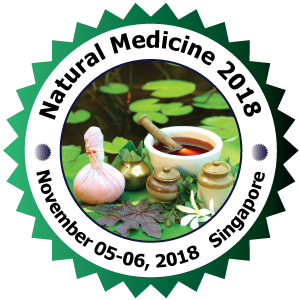
Samavia Mubeen
Sun Yat-sen University, China
Title: Strategies for the enhancement of taxol and related taxanes production in plant cell cultures
Biography
Biography: Samavia Mubeen
Abstract
Paclitaxel (Taxol) is a most promising chemotherapeutic agent was initially isolated from the inner bark of Taxus brevifolia (Pacific yew). This microtubule stabilizing compound approved by Food and Drug Administration (FDA) against ovarian, breast and lungs cancers. The increase of demand for the drug put the problem of the supply shortage, due to the accumulation of taxol at very low concentration, slow growth of tree and high cost of extraction. For these reasons, alternative sources for taxol production are being sought including the screening of plants other than taxus, chemical synthesis, semi-synthesis by conversion of baccatin III (BAC III) or 10-deacethylbaccatin III (10-DAB III) and microbial fermentation. High cost of production, lengthy steps, low production and difficulty in the extraction process are the main problems encountered for commercial production of taxol from these sources. The most attractive approach for sustainable production of taxol and related taxanes at commercial level is provided by plant cell culture technology. Different strategies such as cell line selection, growth condition optimization, addition of precursors and growth regulators, elicitation, immobilization, biotransformation, two-phase culture system, in situ product removal, and industrial scale-up have been extensively investigated to improve taxol production. This review will shed light on recent advances in taxus cell culture technology, focusing on optimizing strategies to improve taxol and related taxoid production in cell culture system. We will also summarize the progress towards the problem associated with the production of taxol by cell culture technology at the commercial level and will also highlight the recent success.

